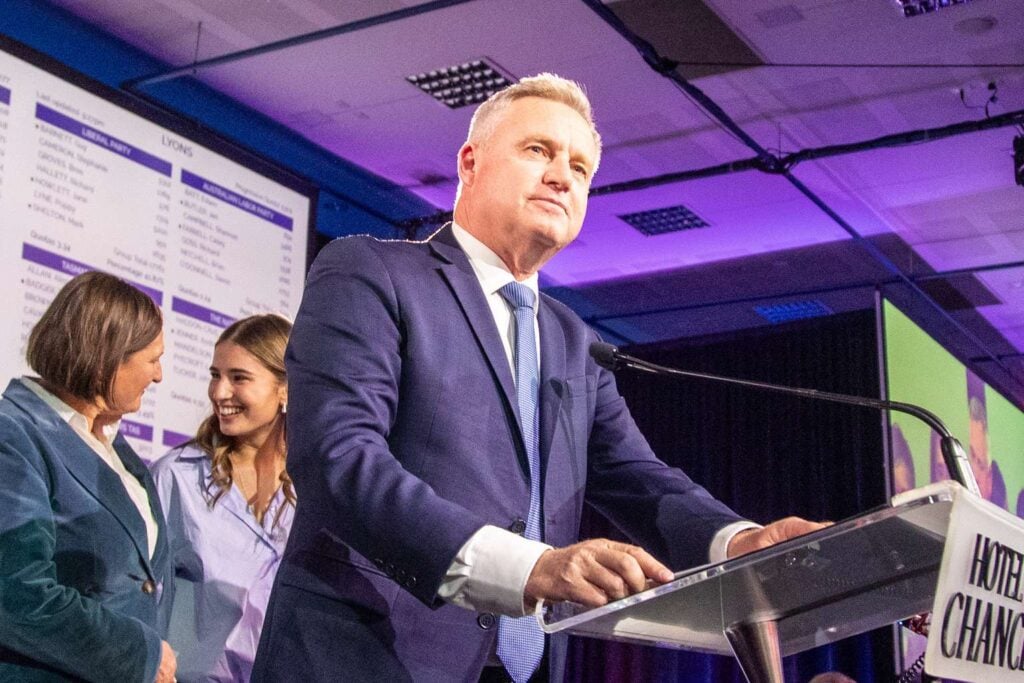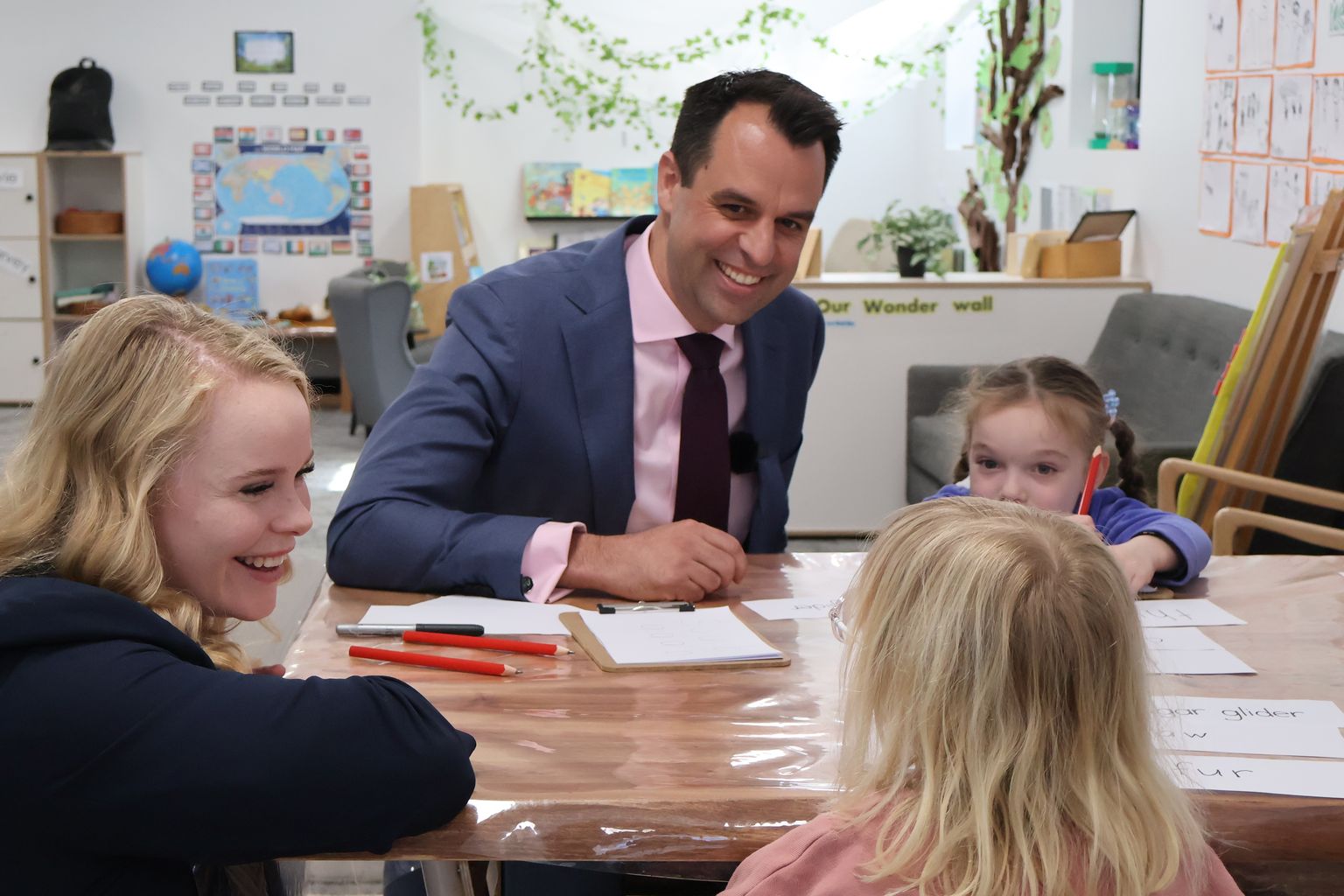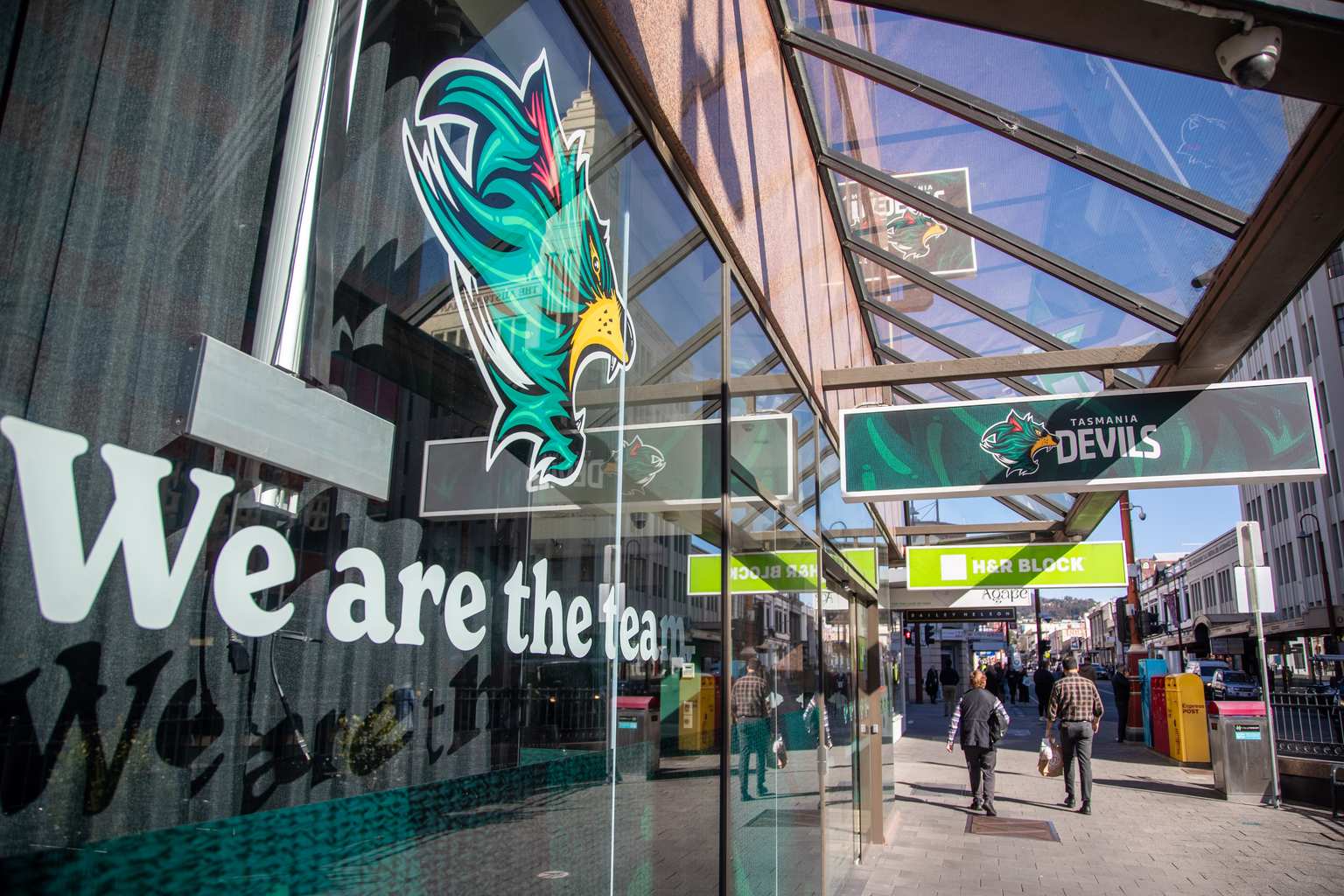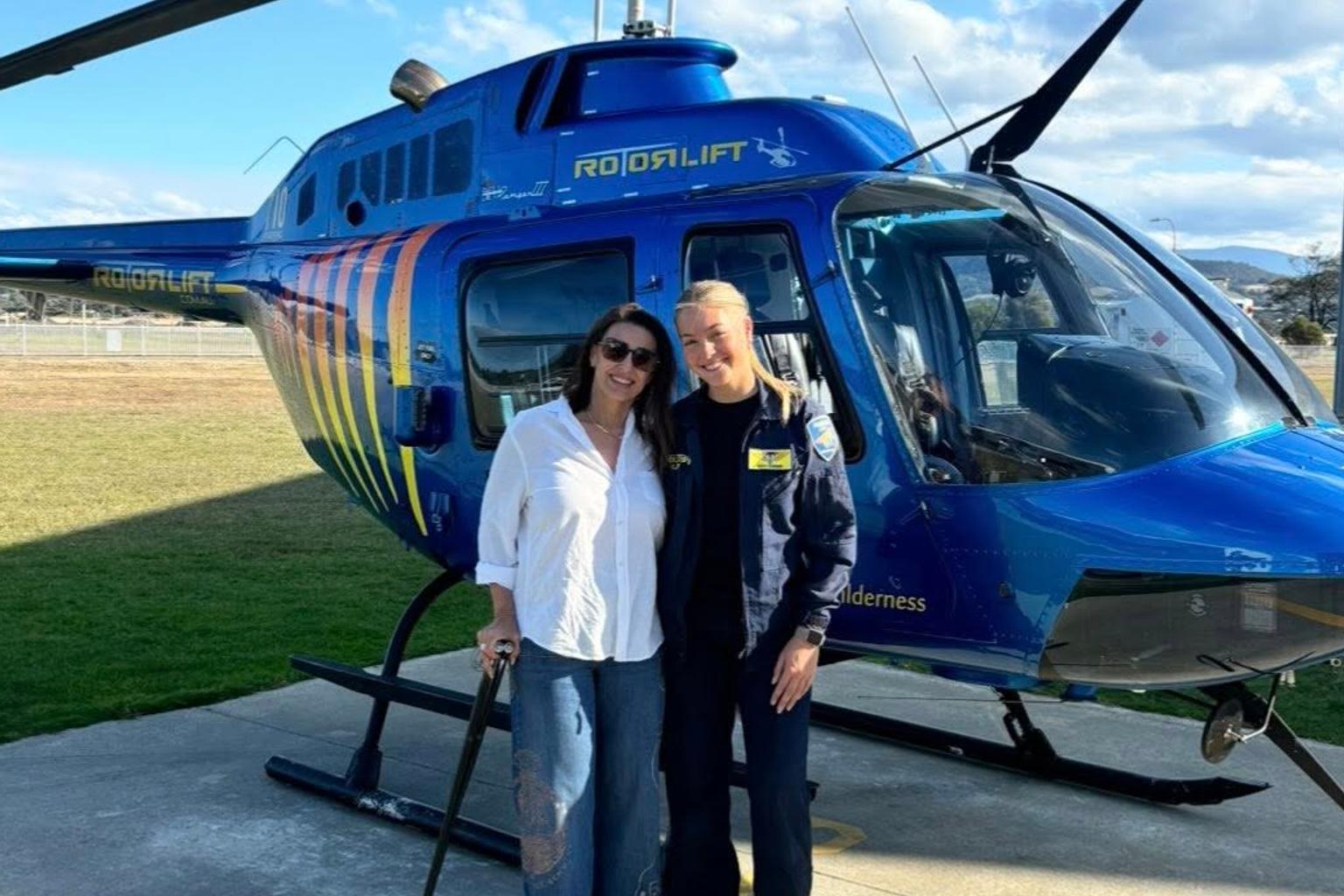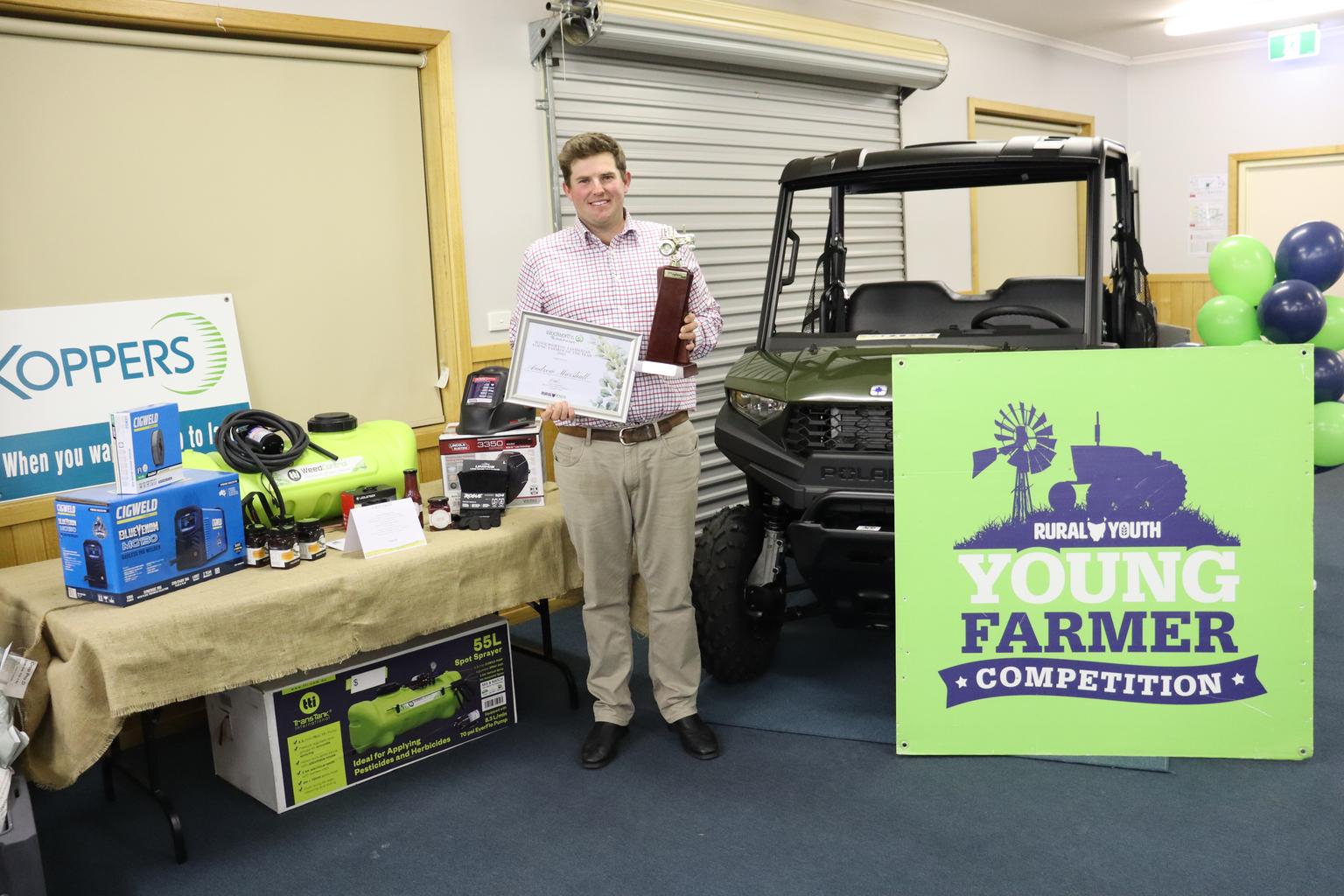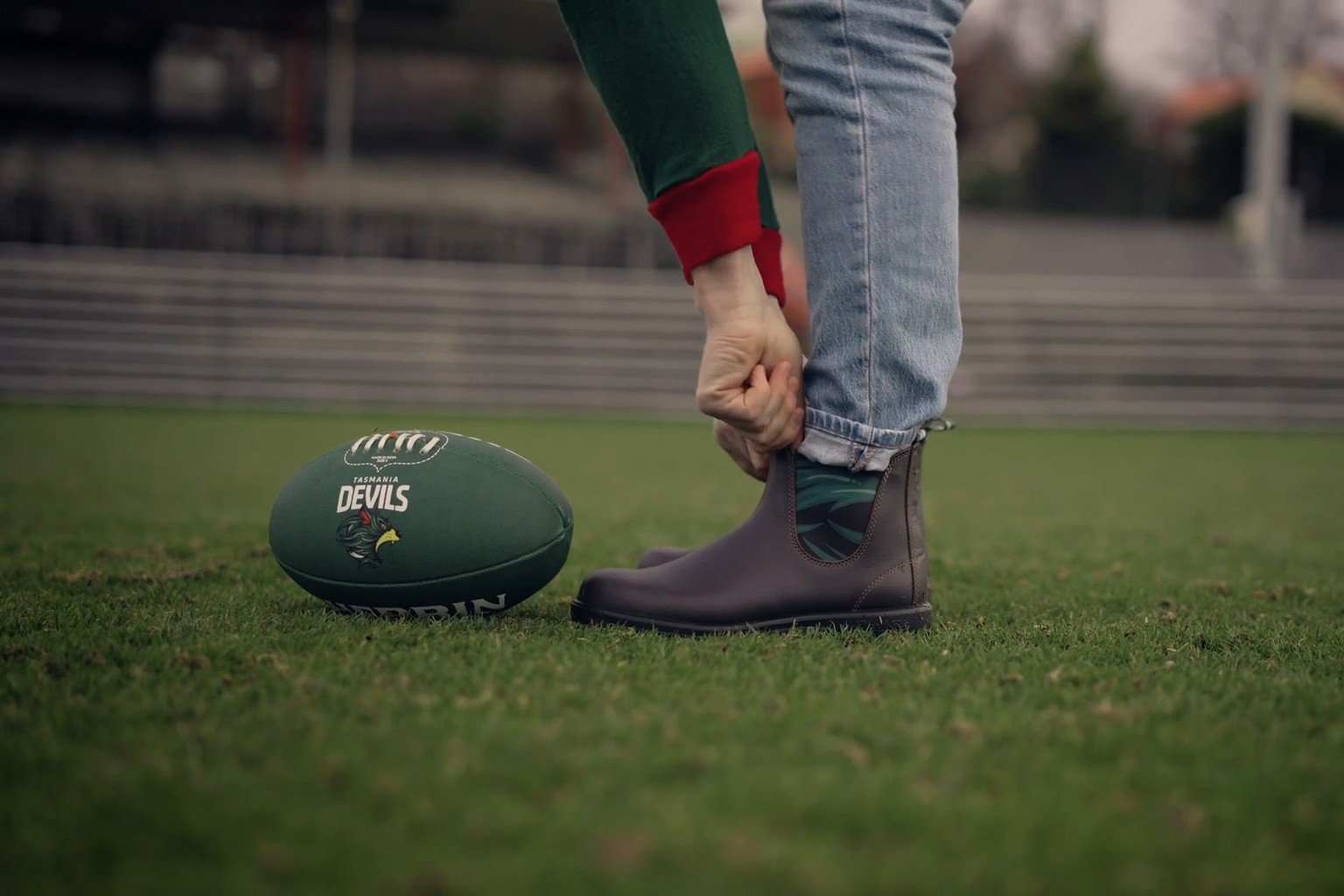Liberal leader Jeremy Rockliff says he will seek to form Tasmania’s next government after claiming a mandate from voters, despite the party falling short of a majority in Saturday’s election.
Speaking on Monday, Rockliff said he would approach Governor Barbara Baker to be recommissioned once counting wraps up.
The Liberals are on track to retain 14 seats in the 35-member House of Assembly – the same number they held before the election.
Labor has slumped to its lowest vote share since 1903, currently expected to win nine seats.

“Dean Winter has said that I should have the first opportunity of forming a government. That’s exactly what I intend to do,” Rockliff said.
“We’ve got the largest number of seats, to be able to form government and work with whoever is elected in the best possible interests of Tasmania.”

He said the Liberals’ primary vote had lifted to around 40%, which he believes gives him a clear mandate to govern.
Rockliff confirmed he has already spoken with several potential crossbenchers, including David O’Byrne, Kristie Johnston and Craig Garland, calling the talks “good”.
He has also reached out to Shooters, Fishers and Farmers candidate Carlo Di Falco and independent Peter George.
“All have agreed to sit down and meet one-on-one and talk through how the next parliament might work,” he said.

The crossbench is expected to include several MPs who strongly oppose key Liberal policies – including salmon farming, native forest logging and the proposed Macquarie Point stadium.
Asked how he would handle negotiations with those crossbenchers, Rockliff said he is sticking to his positions but is open to debate in parliament.
“I will not agree to shut down the salmon industry, for example, so that position is very clear. The rest of the parliament, of course, will have their say on that issue,” he said.
Rockliff said he plans to spend the coming week in detailed talks with crossbenchers before formally approaching the Governor.
“We believe we can govern with 14 seats. We believe that we can have a ministry made up, of course, of our 14 and indeed three upper house members as well,” he said.
“We’re in the best position to do so, the best position to provide stable government and the best position to, with our 14 seats in the lower house, work across the parliament to secure what we want to put forward and indeed be open to ideas of what others also want to put forward as well.”
Final counting is still underway, with a few seats in doubt, but the overall make-up of the new parliament is unlikely to shift dramatically.

